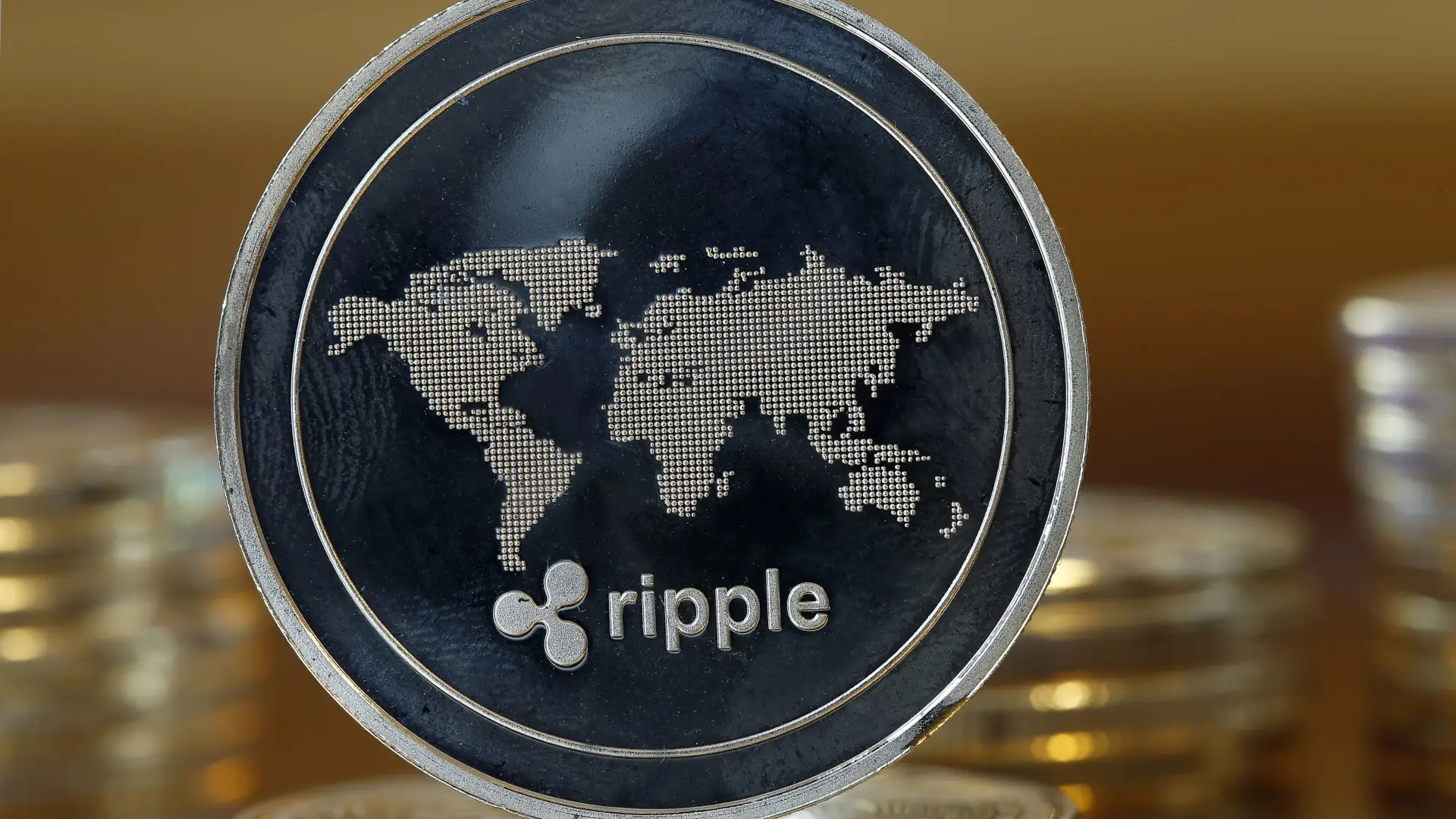What is the Double Irish Dutch Sandwich?
The Double Irish Dutch Sandwich is a sophisticated tax avoidance strategy that involves setting up a series of subsidiaries in Ireland and the Netherlands. The term “Double Irish” refers to the use of two Irish companies, while “Dutch Sandwich” indicates the involvement of a Dutch intermediary.
This strategy originated from the favorable corporate tax environments in both Ireland and the Netherlands. Ireland offers a low corporate tax rate of 12.5%, while the Netherlands has a network of tax treaties that reduce withholding taxes on dividends. These conditions make it an attractive setup for multinational corporations looking to minimize their global tax burden.
How Does the Double Irish Dutch Sandwich Work?
Setting Up Subsidiaries
To implement the Double Irish Dutch Sandwich, a multinational corporation typically sets up two subsidiaries in Ireland: one as a holding company and the other as an operating company. The holding company can be registered in a tax haven such as Bermuda or the Cayman Islands to avoid Irish taxes.
Additionally, a Dutch subsidiary is established to act as an intermediary between the Irish subsidiaries. This Dutch entity plays a crucial role in routing profits through the system.
Licensing and Profit Flow
Here’s where things get interesting. The U.S. parent company transfers its intellectual property rights (such as patents, copyrights, or trademarks) to the first Irish subsidiary. This subsidiary then sublicenses these rights to the second Irish operating company, which generates profits from these intellectual properties.
The profits are then routed through the Dutch subsidiary to avoid Irish withholding taxes on dividends. This is made possible by tax treaties between the Netherlands and Ireland that eliminate or significantly reduce these withholding taxes.
Tax Benefits and Loopholes
The Dutch subsidiary deducts interest payments from its taxable income, reducing its tax liability in the Netherlands. Meanwhile, the Irish subsidiary pays little or no tax on this interest income due to Ireland’s low corporate tax rate.
Tax treaties between the Netherlands, Ireland, and other countries facilitate this process by ensuring that there are no double taxation issues or significant withholding taxes on dividends. This creates a nearly seamless flow of profits with minimal tax implications.
Real-World Examples and Impact
Notable Companies
Several major tech giants have utilized the Double Irish Dutch Sandwich to their advantage. For instance:
-
Google has been known to route billions of dollars through this structure.
-
Apple has also used similar strategies to minimize its global tax burden.
-
Facebook and Microsoft have also been implicated in using variations of this scheme.
These companies have saved billions in taxes by leveraging these loopholes.
Regulatory Actions and Criticisms
However, this strategy has not gone unchallenged. Regulatory bodies have taken action against companies using such tactics:
-
The European Commission ruled against Google in 2016 for its aggressive tax practices.
-
There have been widespread criticisms regarding ethical concerns surrounding these strategies.
International efforts are underway to close such tax loopholes. The G7 and G20 have agreed on implementing a global minimum corporate tax rate to prevent similar avoidance schemes in the future.
Additional Information
Legal vs. Ethical Considerations
It’s important to distinguish between tax avoidance (legal) and tax evasion (illegal). While the Double Irish Dutch Sandwich is legally legitimate under current laws, it faces significant ethical criticism for exploiting loopholes rather than paying fair share of taxes.
Global Tax Reforms
Recent global tax reforms aim at reducing such avoidance strategies:
-
The OECD’s Base Erosion and Profit Shifting (BEPS) initiative seeks to align profits with economic activities.
-
The proposed global minimum corporate tax rate aims at preventing similar schemes by ensuring all countries have a minimum tax threshold.
These reforms will likely impact the viability of the Double Irish Dutch Sandwich moving forward.




